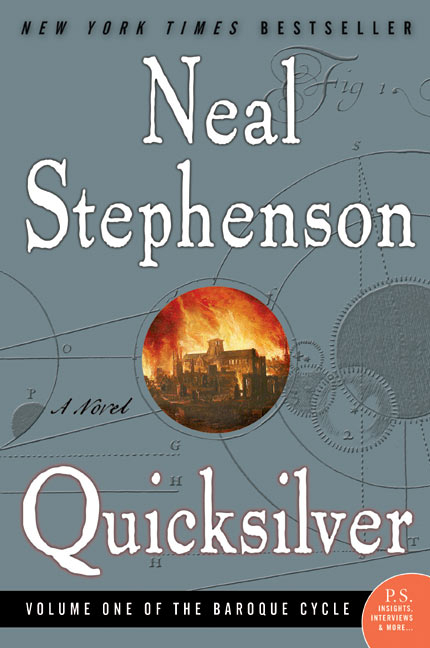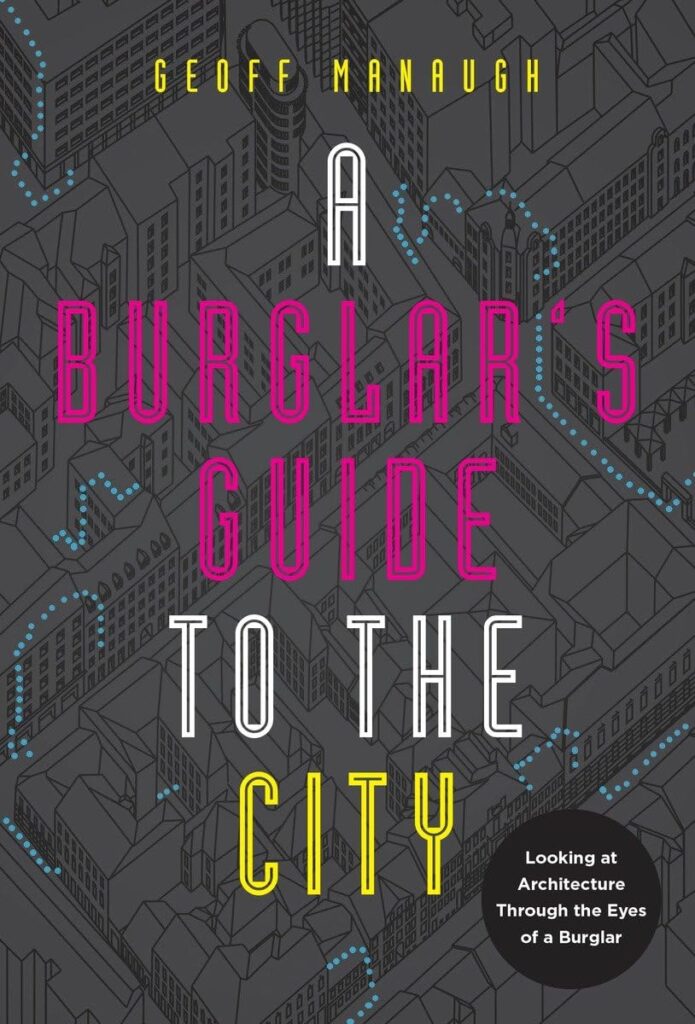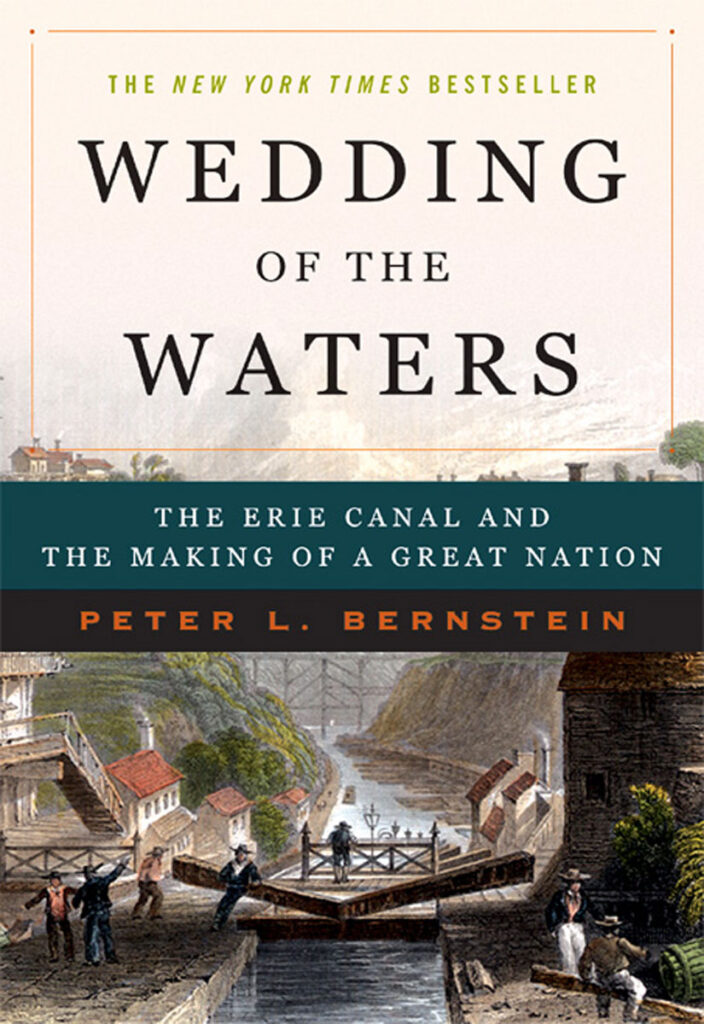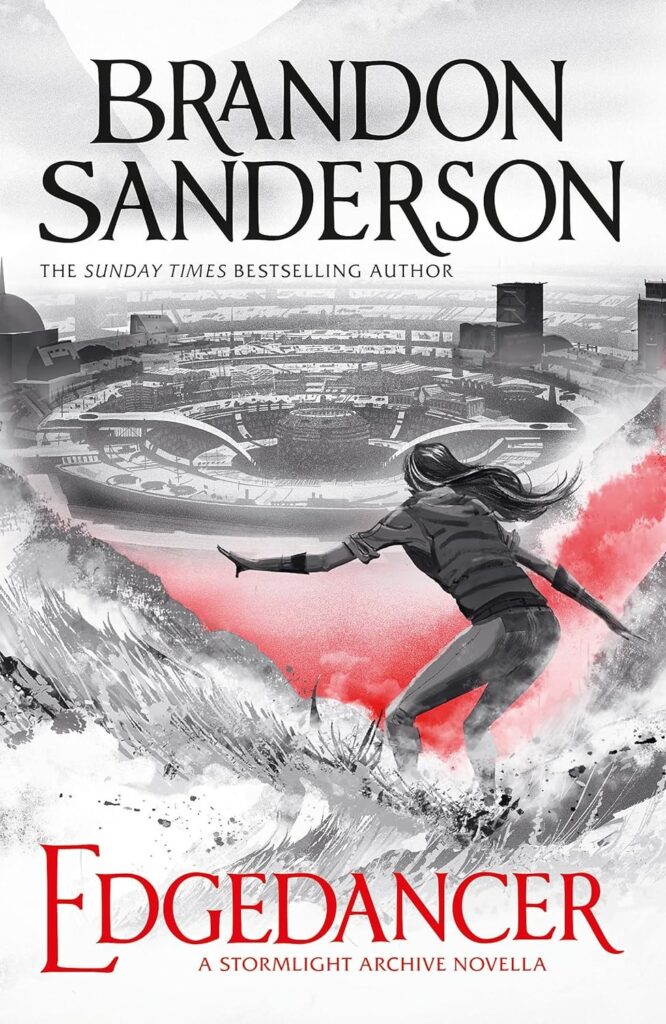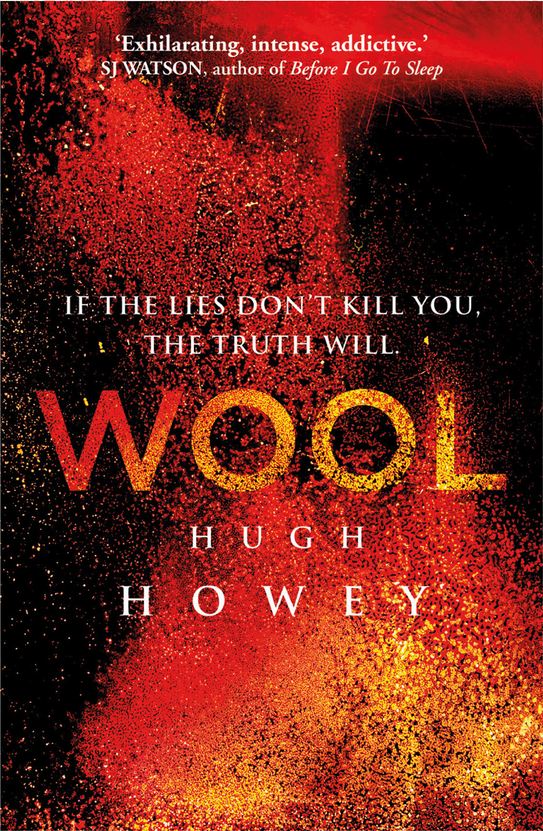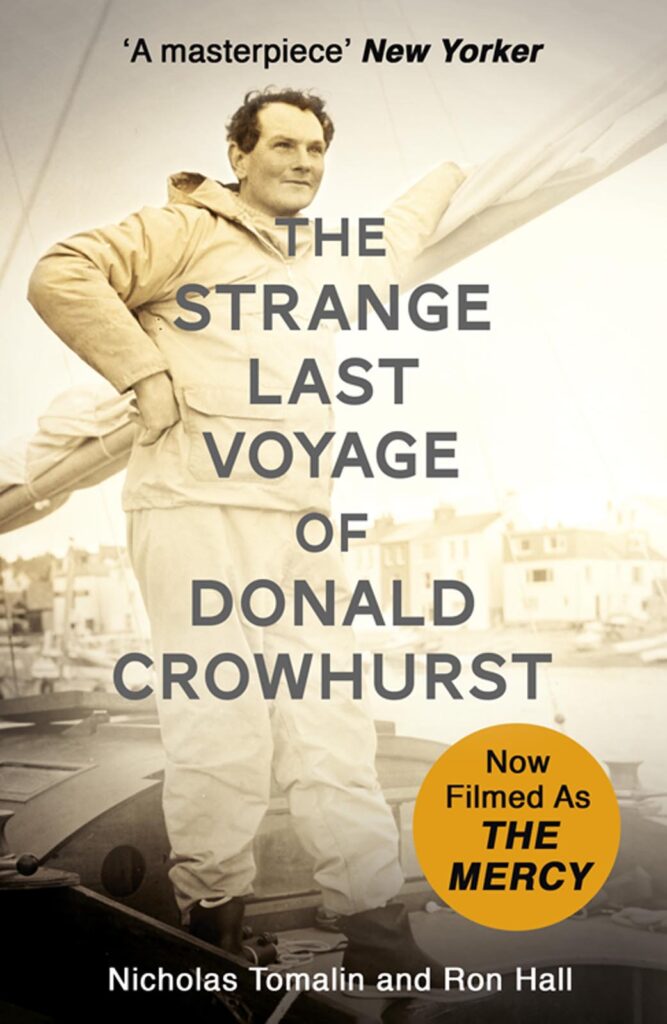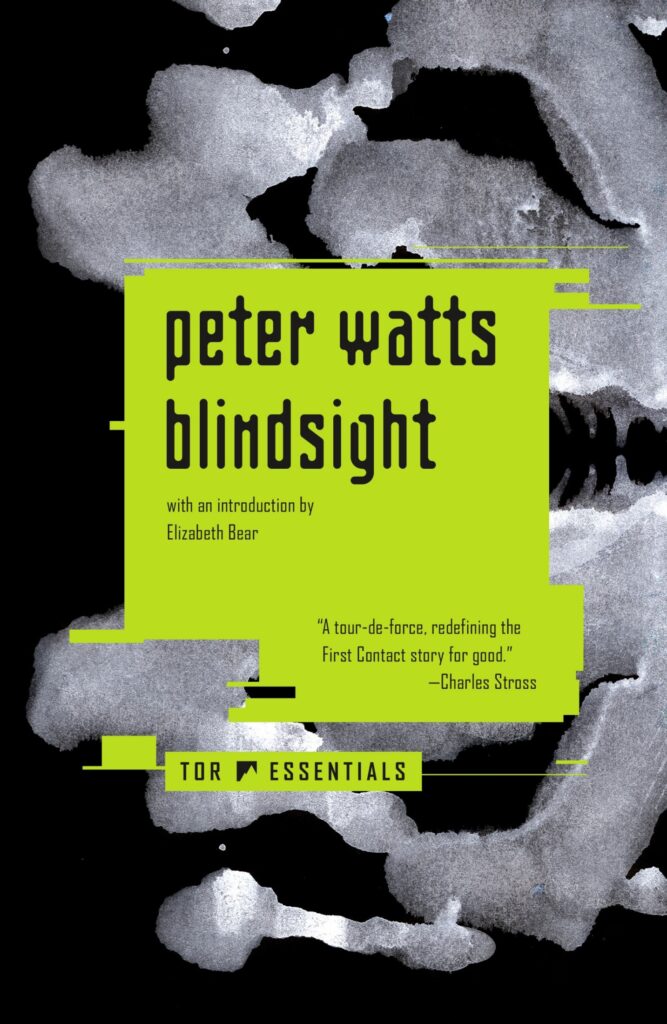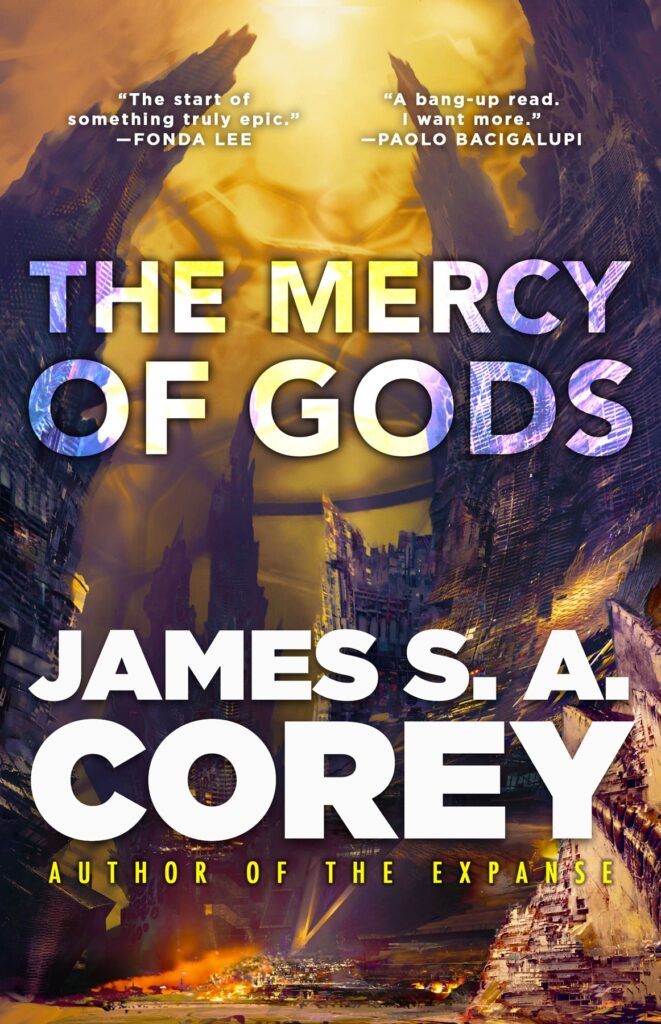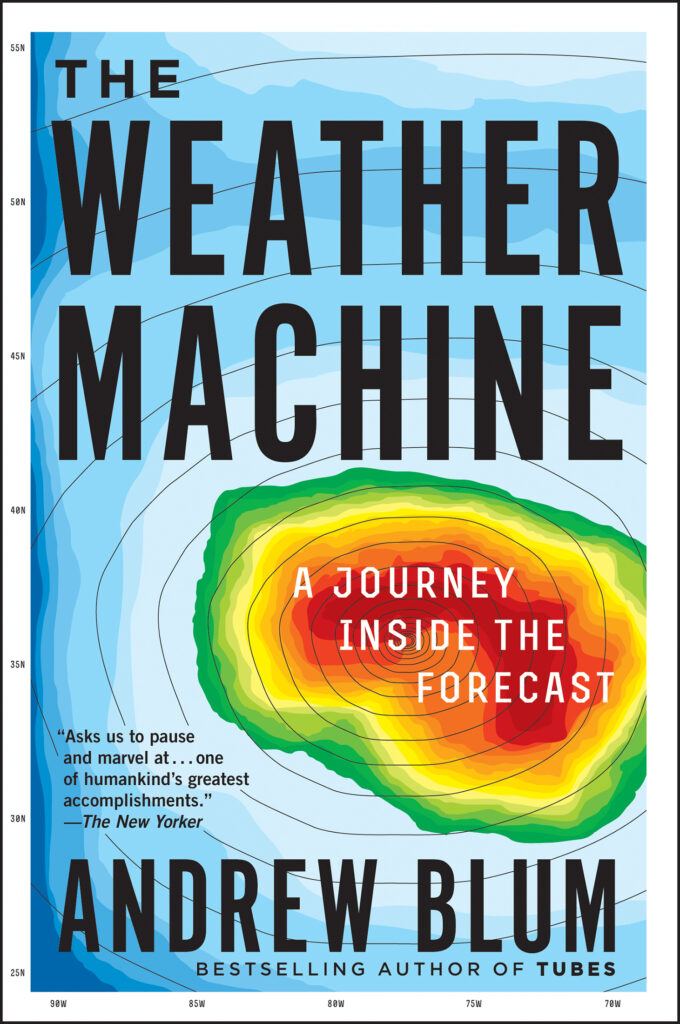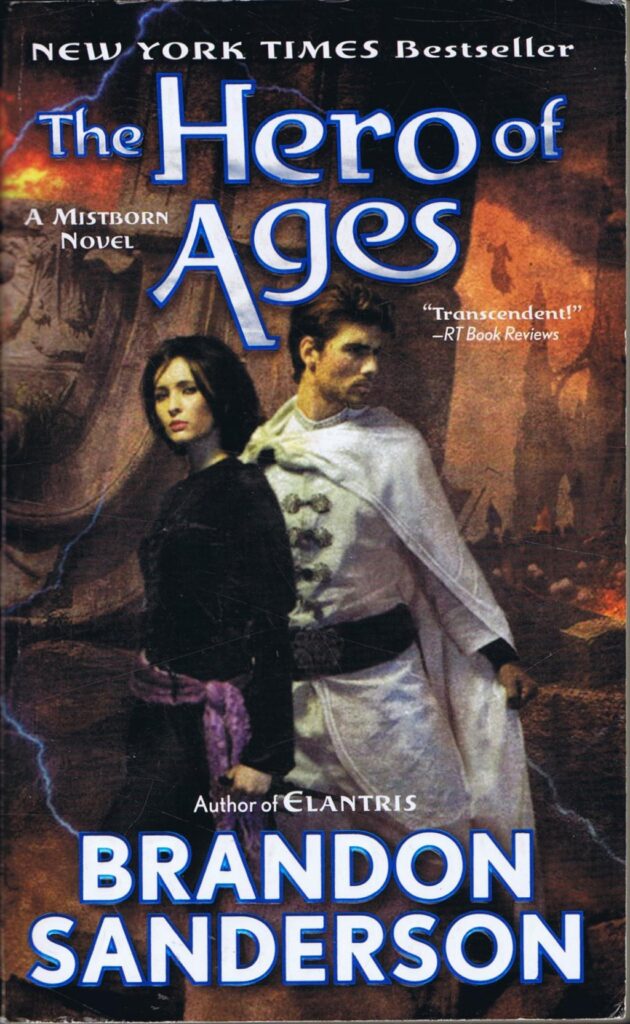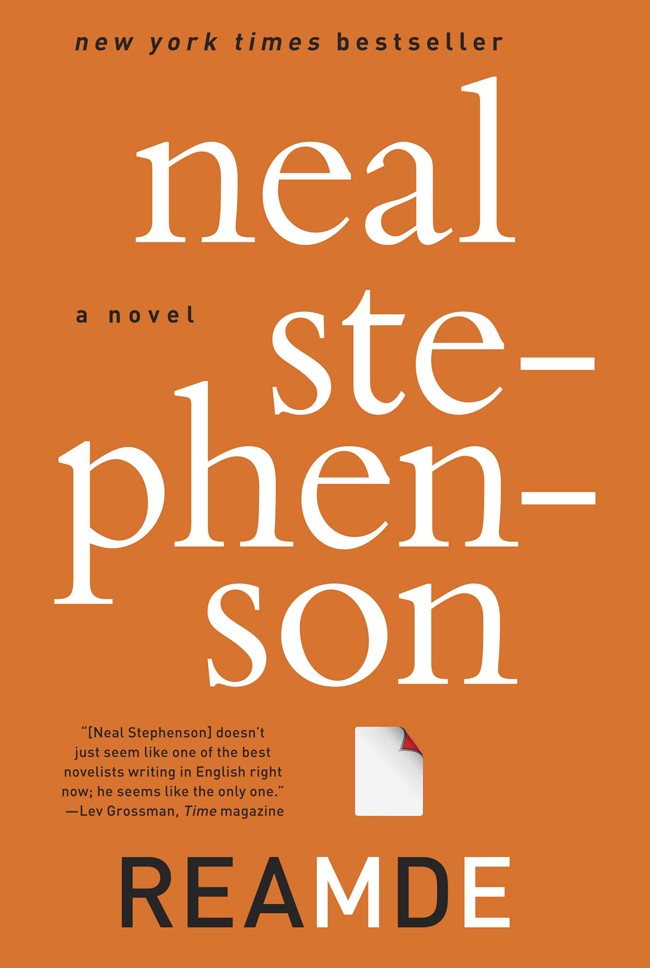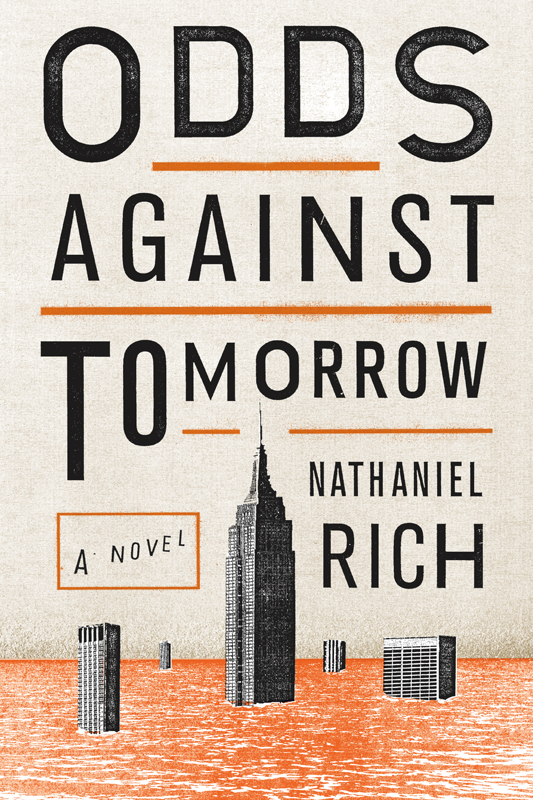Did lots of reading but volumes two and three of the Baroque Cycle took a long time to get through.
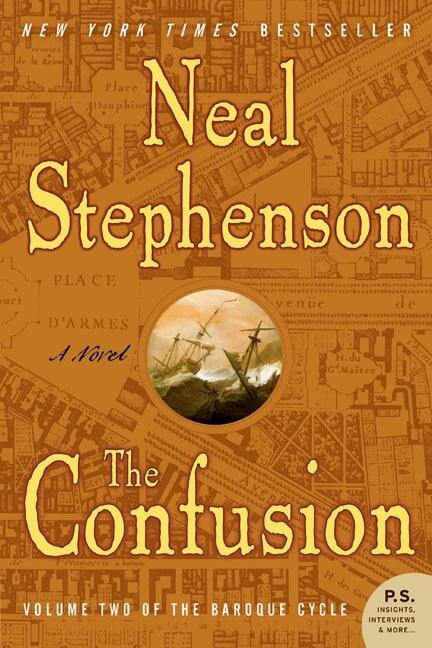
The Confusion by Neal Stephenson
Volume two of the Baroque Cycle. The adventures continue around the world. Capers, betrayals, antics, and science.
The System of the World by Neal Stephenson
Volume three of the Baroque Cycle. We bring the 4300+ page story to a conclusion back in England. Isaac Newton’s mastery of the Mint is called in question after an epic heist. Our protagonist is imprisoned and led to the gallows. And alchemy brings someone back from the dead.
I enjoyed the series, but as I mentioned on volume one, I’m not sure how it would land for someone with no prior knowledge or interest in the early scientific revolution and its characters. Some knowledge of France and French helps too throughout.
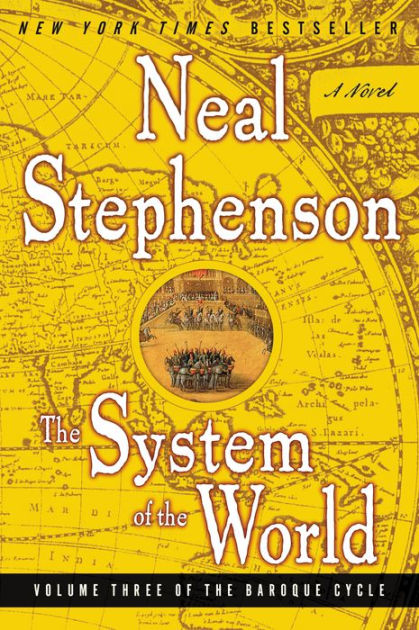
An excerpt from The System of the World which I connected with from the end of Book 7 (Currency) – Chapter 8 (Westminster Palace):
Other men seemed to’ve been blessed with the ability to live in the moment, and to have experiences (Daniel imagined) in the raw vivid way that animals did. But not he. How would the ceremony, the pageantry of the Queen’s visit to Parliament look, to one who could see them thus? Colorful, magnificent, mesmerizing, Daniel supposed. He’d never know. Daniel could only see this as a sick old lady paying a call on a room full of anxious blokes who hadn’t bathed in a while.
I often feel like other people exist in a state of immersion that doesn’t exist for me. Seen most particularly in things like crowds. Many people seem to become one with a crowd (like at a sporting event) where the crowd becomes their own and whole self. Only as the crowd disperses do they regain their sense of self and individuality. I, rather, look around and wonder what’s happening to everyone and have the continual dialog running through my head wherein I see, process, and analyze the events around me but perhaps don’t experience them. At least, by outward appearances, I don’t seem to experience them in the same way as others anyway.
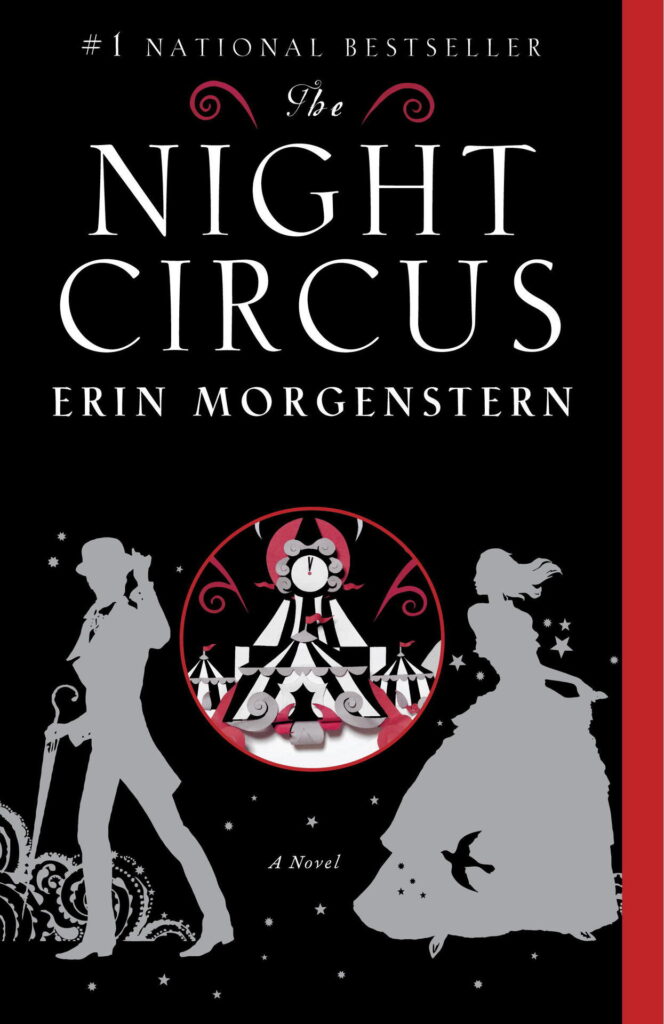
The Night Circus by Erin Morgenstern
And now, for something completely different. This is one of Jess’ favorite authors, so I thought I’d give it a try.
It’s written entirely in present tense which gives it a strange feeling–which goes well with the story which is about a strange circus.
There are competing magic systems at play, but unlike, say, Sanderson, we’re not giving some in-depth explanation of how they work. It’s left vague and dreamlike.
It was certainly different than anything I’ve read recently. I liked it alright.
